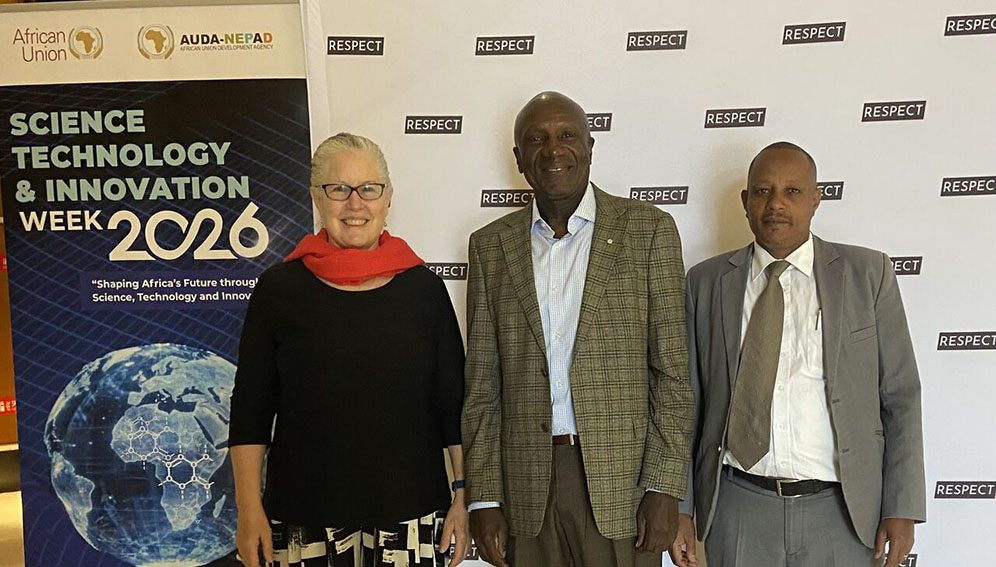SGCI News
Participating councils of the Science Granting Councils Initiative in Sub-Saharan Africa (SGCI) deliberated on progress, focus and initiatives to advance research and innovation since the SGCI was established. Participating in…
Participating councils of the Science Granting Councils Initiative in Sub-Saharan Africa (SGCI) deliberated on progress, focus and initiatives to advance research and innovation since the SGCI was established.
Participating in the SGCI’s Annual Forum held parallel to the World Science Forum (WSF), hosted by South Africa’s Department of Science and Innovation (DSI) in Cape Town, delegates provided strategic progress by their Science Granting Councils (SGCs) made since joining the initiative. Councils from the following countries are members: Kenya, Rwanda, Uganda, Tanzania, Ethiopia, Côte d’Ivoire, Burkina Faso, Senegal, Ghana, Nigeria, Sierra Leone, Zambia, Mozambique, Malawi, Namibia, Zimbabwe, Botswana and Nigeria.
The SGCI Annual Forum is part of the series of high-level dialogues and engagements hosted by the National Research Foundation (NRF) on the side-lines of the WSF. The SGCI holds these dialogues annually as part of its strategy to strengthen partnerships, share experiences and practices on a range of emerging topics, and network amongst themselves and with other science system actors within and outside the African continent.
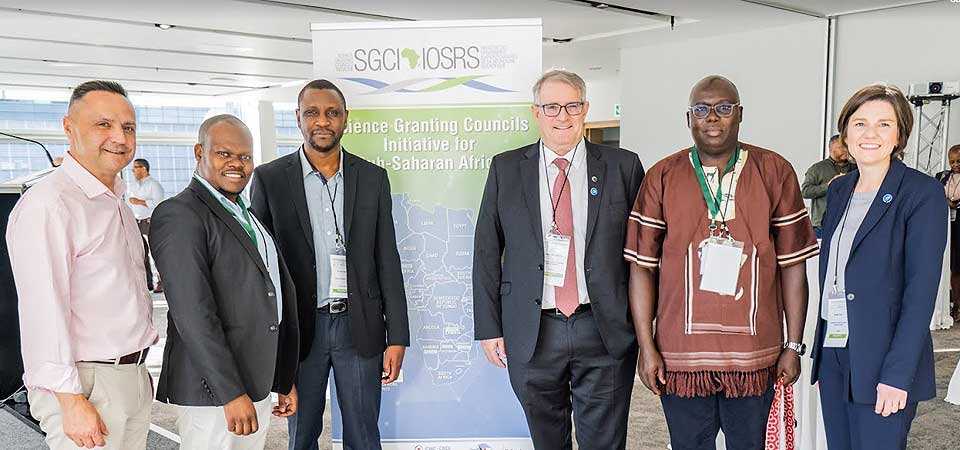
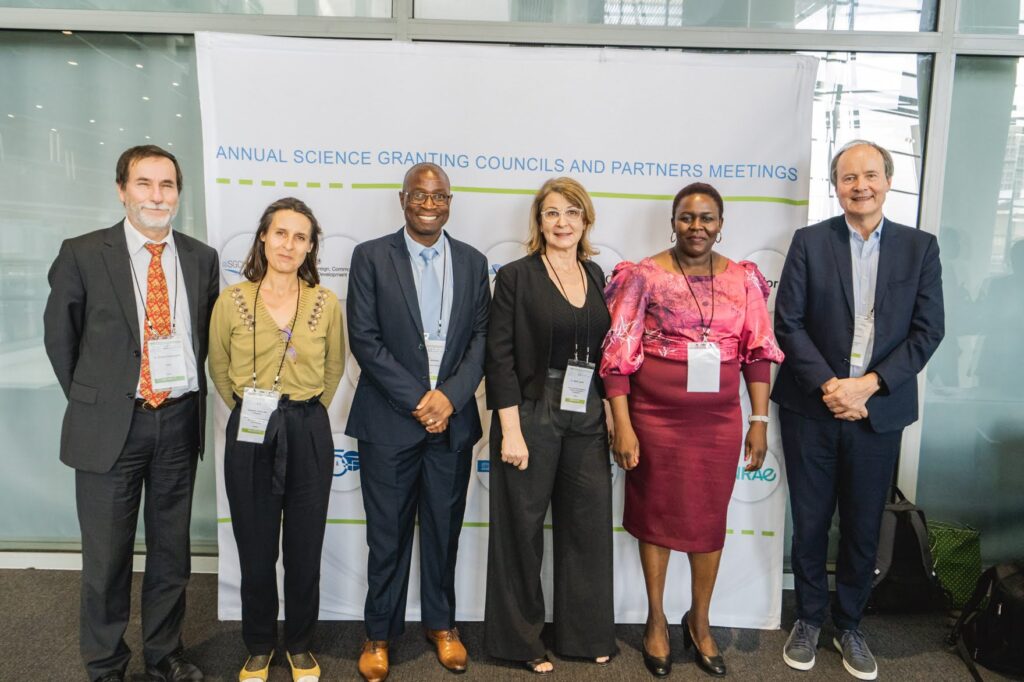
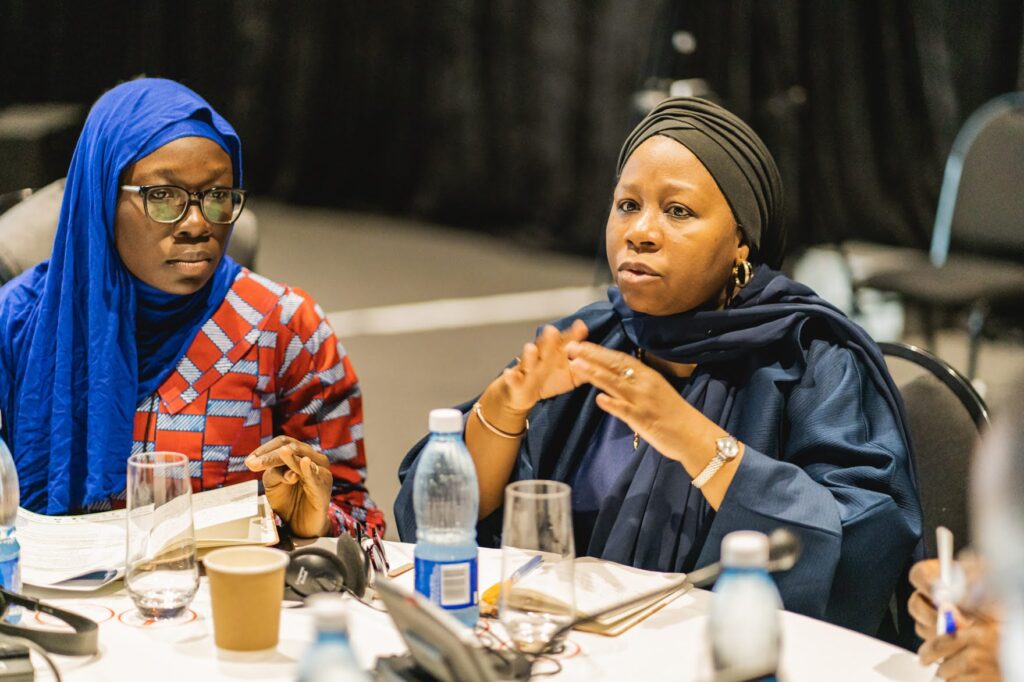
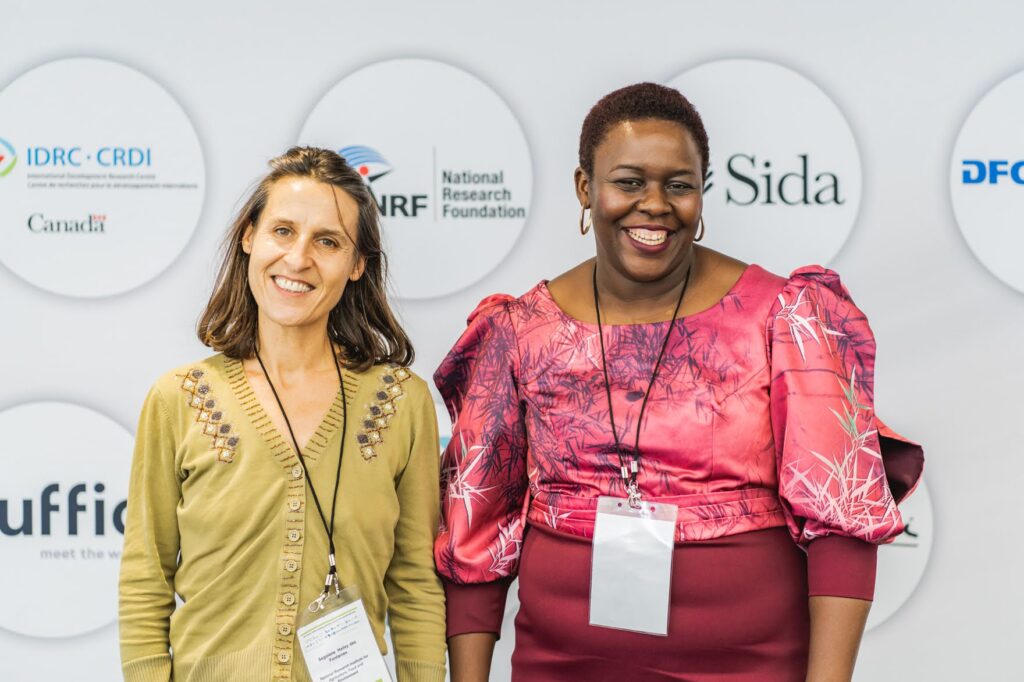
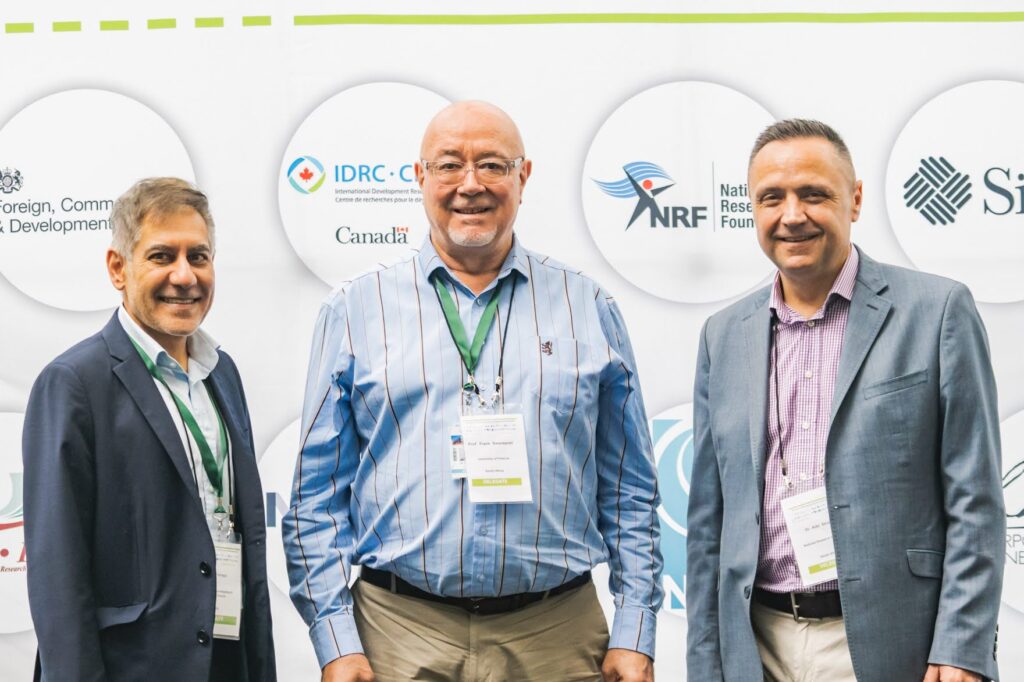
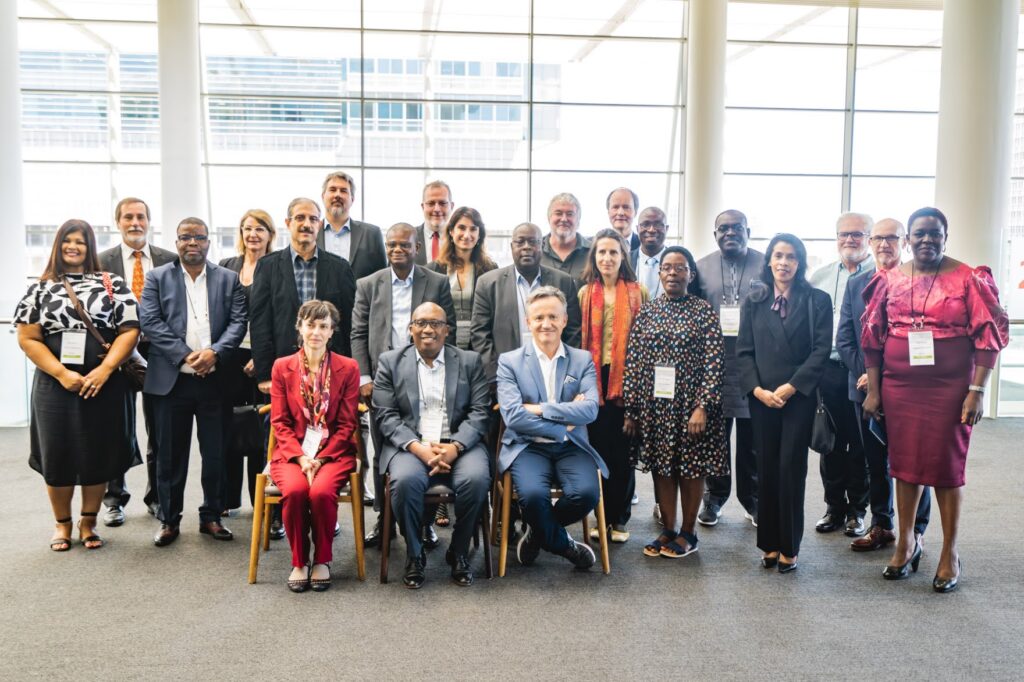
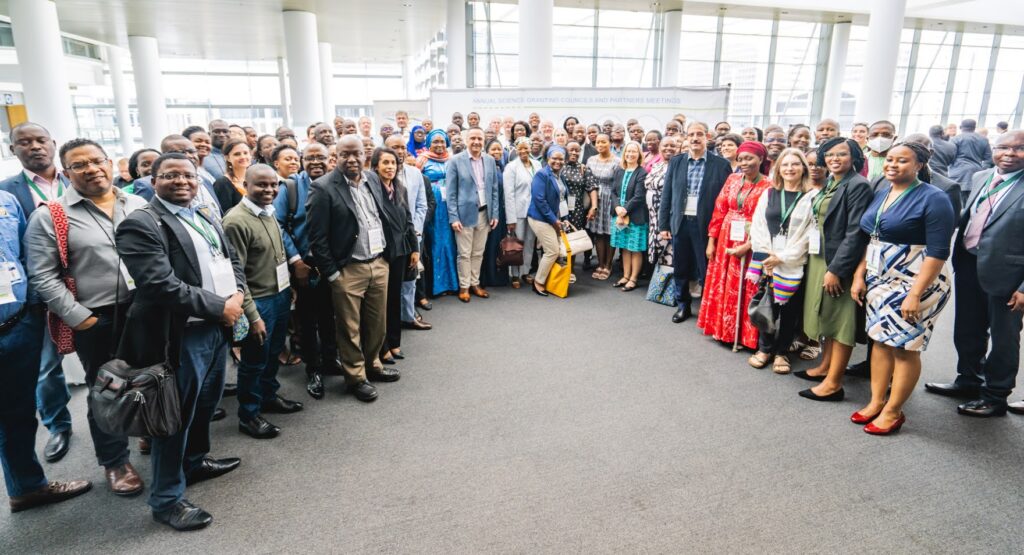
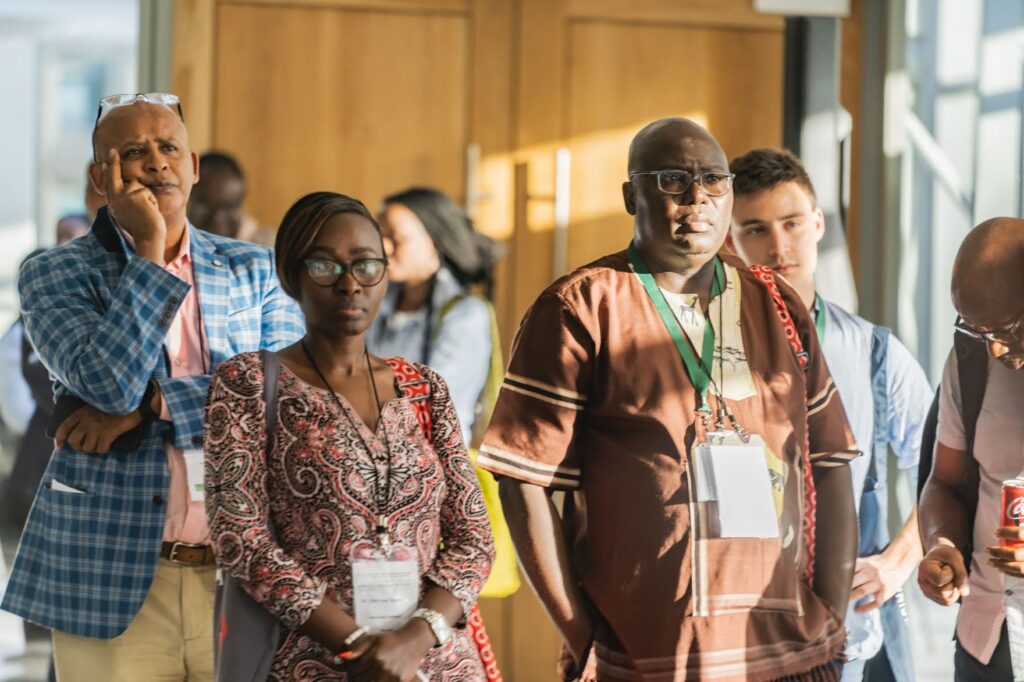
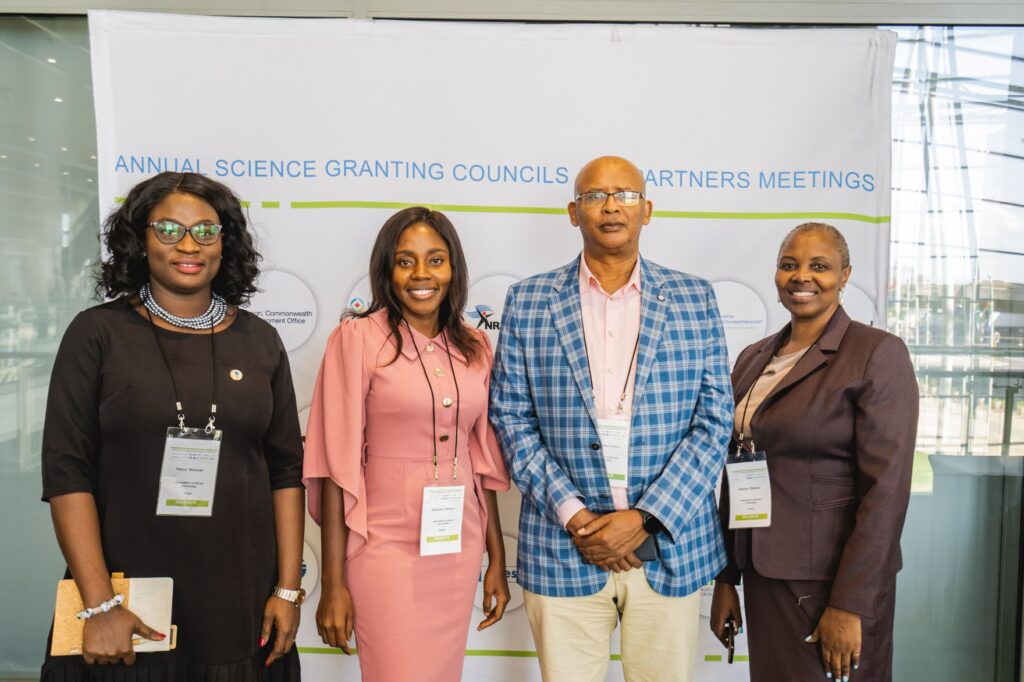
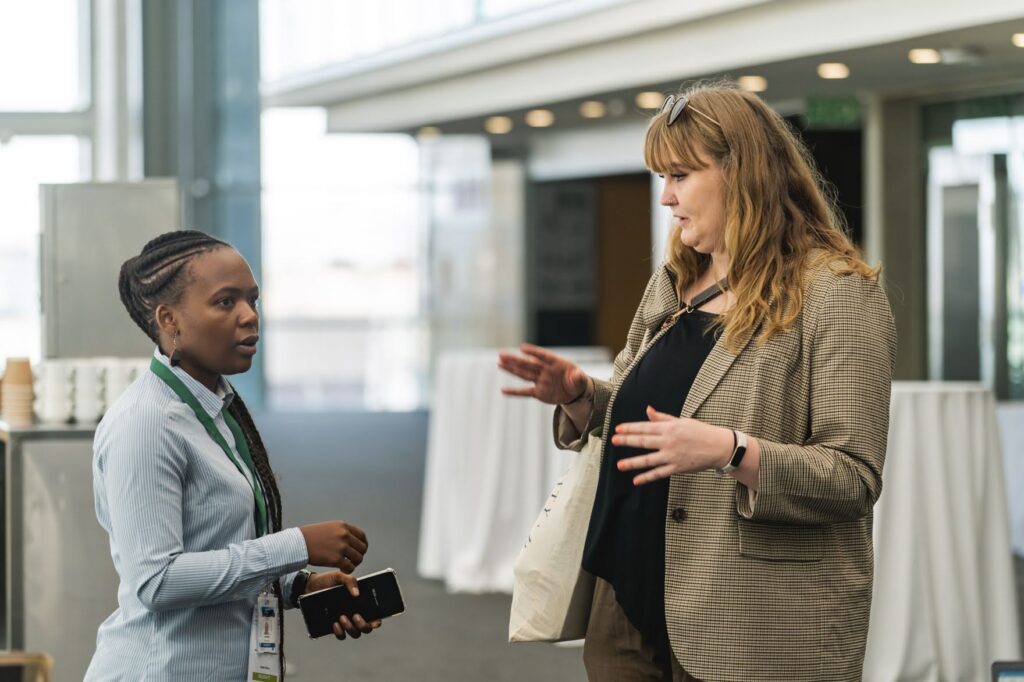
Launched in March 2015, the SGCI aims to strengthen the capacities of Science Granting Councils in the 18 member states. The NRF jointly funds the SGCI along with the United Kingdom’s Foreign, Commonwealth and Development Office, Canada’s International Development Research Centre (IDRC), the Swedish International Development Cooperation Agency (Sida), Norwegian Agency for Development Cooperation (Norad) and the German Research Foundation (DFG).
Through investments, the SGCI has provided grants to eligible Councils to manage research calls that correspond to their national and regional research and development agendas. It has embarked on a drive to support select countries in West Africa to establish SGCs – while strengthening the existing research funding structures in other countries in the region. Furthermore, the SGCI is supporting Councils to develop policy frameworks and enabling structures for public private partnerships.
Delegates at the Annual Forum reflected on how the SGCI has enabled them to leverage additional research and innovation funding, promote partnerships with local and international science actors, and unlock research success in terms of new products and knowledge uptake. They also reflected how they have leveraged additional funding support from their government.
In Botswana, Malawi, Namibia and Tanzania, the governments have made commitments and increased their financial commitments for research. For instance, the National Science and Technology Council of Zambia council has effectively doubled the funding from the government recently.
Many of the councils discussed the importance of the intra-Africa regional collaborations that have been enabled through the SGCI. They are now funding research projects together and strengthening the networks amongst themselves.
The SGCI meetings are hosted during 4-8 December. Media wishing to cover the meetings should contact the NRF Media Relations Officer, Bongani Nkosi, at b.nkosi@nrf.ac.za or +27 61 477 3064.
Related News
Building Africa’s science future: inside the SGCI alliance
As Phase 3 of the Science Granting Councils Initiative launches on the margins of the African Union Summit in Addis Ababa last week, the SGCI Alliance Chair explains why this moment marks a decisive turning point for African science. Cephas Adjei Mensah describes what is…
Open call: Support for science granting councils in Sub-Saharan Africa
The International Development Research Centre (IDRC), through the Science Granting Councils Initiative (SGCI), has launched a call for proposals to support science granting councils in Sub-Saharan Africa in the establishment and operationalisation of the Capacity Strengthening Hub under Phase III of the SGCI-3. The Hub…
SGCI phase 3: USD 42M boost for Africa’s STI agenda
It was an exhilarating moment as the Science Granting Councils Initiative (SGCI) Phase 3 funding announcement was officially made yesterday during the Science, Technology, and Innovation (STI) Week 2026, held in Addis Ababa, Ethiopia. The STI Week, organised by AUDA-NEPAD and the African Union and…
SGCI funded projects
Rwanda’s integrated approach to sustainable agriculture and nutrition
Project Titles & Institution Areas of Research Number of Projects being funded Project Duration Grant Amount In-Kind Distribution Council Collaboration with other councils



